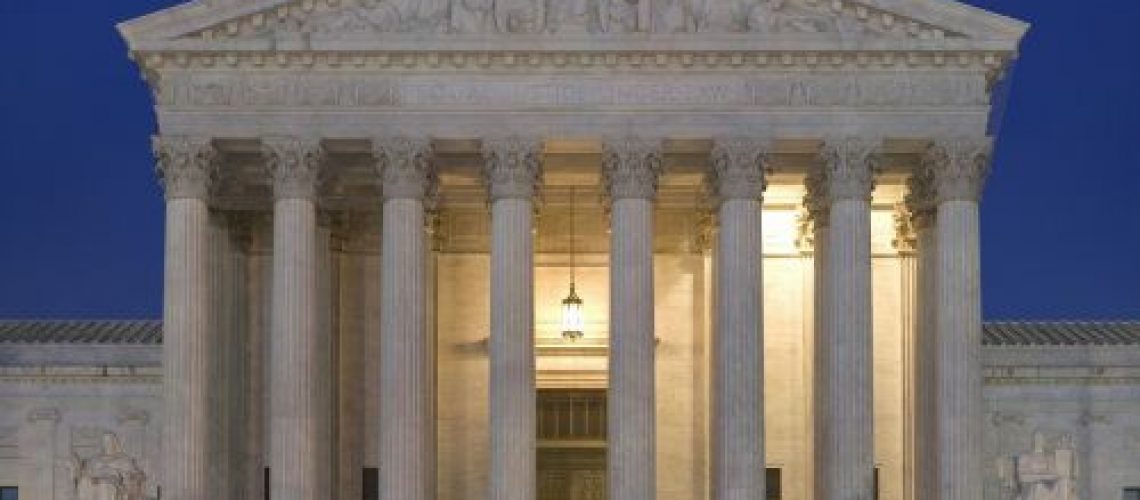The Supreme Court in Bostock v. Comstock County and two linked cases decided that, when the Civil Rights Act of 1964 outlawed employment discrimination on the basis of “sex,” it included discrimination based on sexual orientation and gender identity. Now, Justice Gorsuch, writing for the majority, freely admitted that the legislators in 1964 didn’t have any idea that they were doing that and that, by using the term sex, they meant biological sex. After all, homosexual acts were felonies in all but one state at that time. But, he continued, sometimes legislators don’t realize what they’re doing with the words they use, and discriminating against LGBT necessarily is discriminating on the basis of sex because you can’t think about LGBT without considering the biological sex of the individuals involved.
Say what? Surely everybody knows that biological sex and LGBT aren’t the same thing, even though they are both subsets of the same overall topic of “sex,” broadly defined. “Gender identity” is a term coined to distinguish it from biological sex, and both men and women can be homosexual.
But now we’re in this pickle, and so what comes next?
Most importantly, only 20 states and D.C. have expressly included LGBT individuals as protected classes in their civil rights laws. But all states and D.C. outlaw discrimination in various employment and housing and education on the basis of sex. No need to ask the legislatures any more to add those categories, any more than there is now the need to ask the federal Congress to do so. Just run to state court and ask those judges to rule the same way the U.S. Supreme Court just did. They don’t have to, but they now have ample cover to do so and will be accused of being on the “wrong side of history” if they do not.
Is the same thing happening in the states really that big a deal? In many cases, yes. State civil rights acts cover the smaller businesses that are not reached by the federal act, and, while the federal act has a fairly robust exemption for religious organizations, many state laws have lesser ones. It seems quite likely, then, that the conflicts between LGBT and religious rights will not only continue, but those fires will be lit in many additional situations.
Which leads back to . . . the courts. Not a particularly reassuring prospect.

